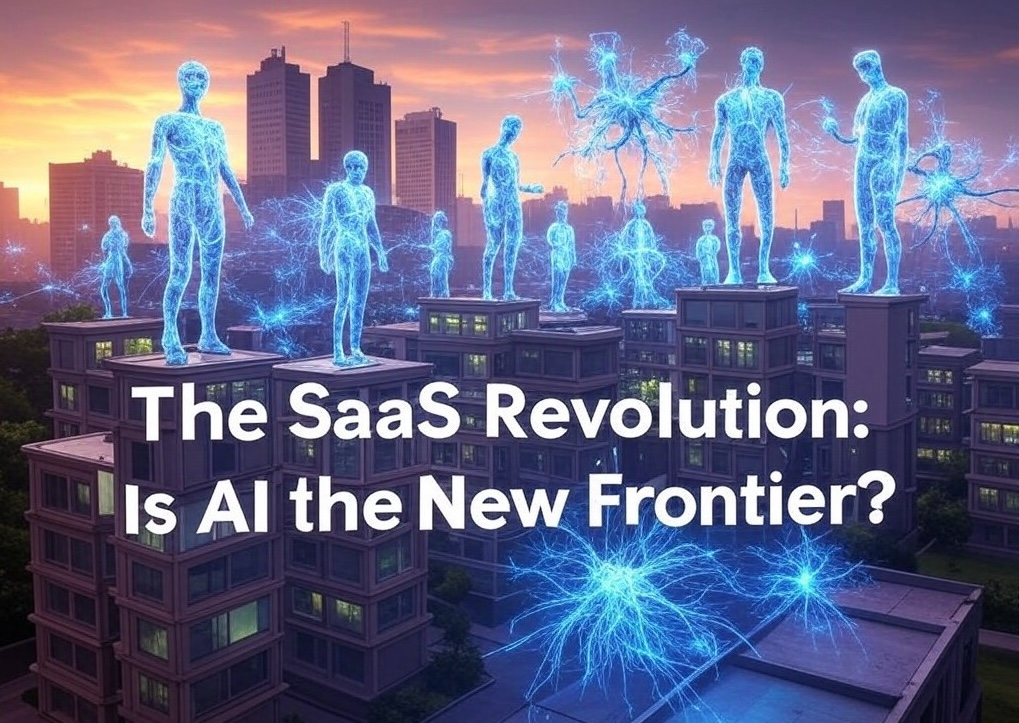Introduction 📝
In the ever-evolving tech landscape, Software as a Service (SaaS) has been a cornerstone for businesses, offering scalable, cost-effective, and accessible software solutions. However, with the advent of Artificial Intelligence (AI), the conversation around the future of SaaS is becoming increasingly dynamic. This post explores the potential impact of AI on SaaS, questioning whether AI might herald the end of traditional SaaS models or if it’s merely the next big evolution.

AI in SaaS: A New Era? 🧠
The integration of AI into SaaS platforms is not just an upgrade but a paradigm shift. Here’s why:
-
Automation and Efficiency: AI can automate routine tasks, reducing human involvement and increasing efficiency. This could lead to SaaS applications where AI agents handle complex business logic, simplifying user interactions with software.
-
Personalization: AI’s ability to analyze and adapt to user behavior allows for highly personalized user experiences, something that static SaaS models struggle to match.
-
Scalability: With AI, SaaS services can scale more seamlessly. AI-driven solutions can grow with the user’s needs without the need for extensive manual reconfiguration.
The Debate: Replacement or Enhancement? 🎯
The discussion around AI in SaaS often oscillates between two poles:
-
Replacement: Some argue that AI agents might replace traditional SaaS models by handling all aspects of software functionality autonomously.
-
Enhancement: Others believe AI will enhance SaaS, making it smarter and more adaptive, rather than replacing it. AI could become the backbone of SaaS, improving its core functionalities.
Industry Trends and Predictions 📈
-
SaaS Growth: Despite AI’s rise, the SaaS market continues to grow, with projections showing robust expansion into niche markets and vertical SaaS solutions.
-
AI Adoption: SaaS companies are increasingly integrating AI, with statistics showing significant growth in AI-focused software solutions. This suggests a symbiotic relationship rather than a zero-sum game.
Challenges and Considerations 🛑
-
Data Security: As AI integrates more deeply, data security becomes paramount. AI must ensure data integrity and privacy.
-
Complexity: Integrating AI into existing SaaS systems can be complex, requiring upgrades or complete overhauls of current systems.
-
User Adaptation: Users need to adapt to AI-driven interfaces, which might require new skills or training.
Conclusion 🔮
While AI is indeed transforming SaaS, predicting the complete demise of traditional SaaS might be premature. Instead, we’re likely witnessing the dawn of an era where AI augments SaaS, leading to smarter, more efficient, and user-centric software solutions. Whether AI will fully replace SaaS or not, the future of business software looks to be more intelligent, adaptive, and personalized than ever before.
Disclaimer: The views expressed here are based on current trends and should not be taken as definitive predictions. The tech world evolves rapidly, and so does the relationship between AI and SaaS.
 Gleez
Gleez